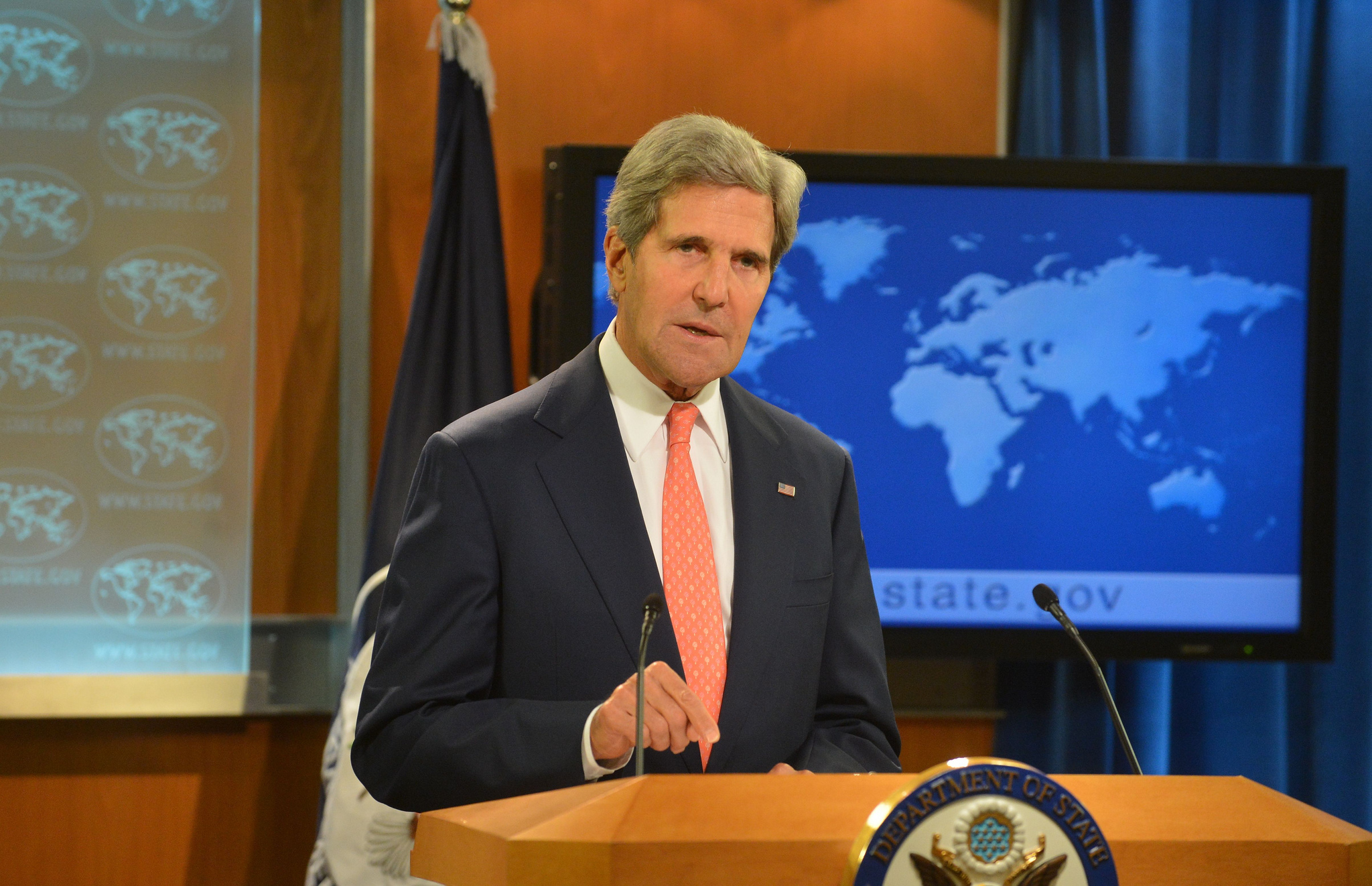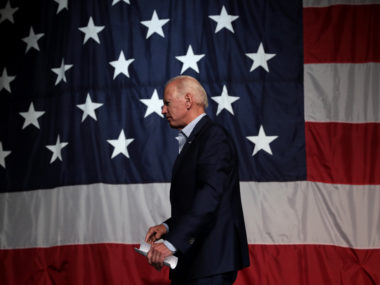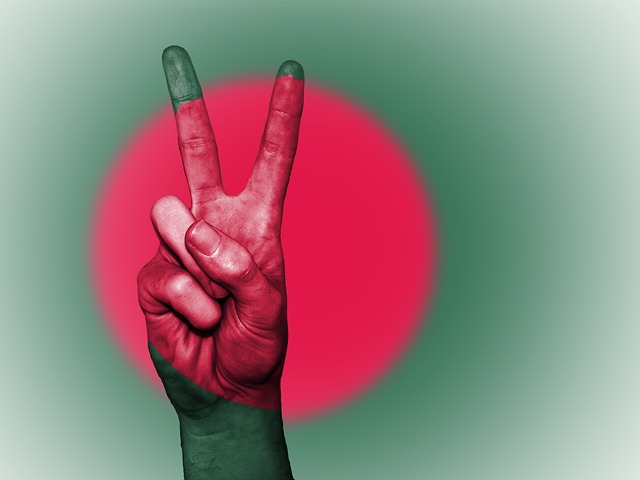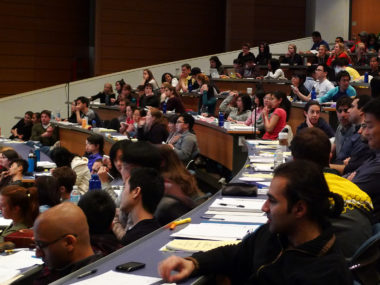Guest post by Erik Lin-Greenberg
Now that President Trump has threatened to rain “fire and fury” on North Korea, many policymakers, pundits, and members of the American public are asking what comes next. The answer is likely something far less escalatory than conventional military action. Even after Trump is undoubtedly forced to step back from his threat, he is unlikely to suffer significant political repercussions.
Some analysts suggest that President Trump could face political consequences and damage U.S. credibility if he fails to follow through with his pledge of military action in response to additional provocations from Pyongyang. Indeed, Trump publicly appears unwilling to back down and continues to reiterate his threat despite widespread criticism from politicians and the public.
According to many political scientists, presidents are loathe to back down after issuing public threats. Leaders fear that constituents will view them as incompetent and dishonest and punish them for the inconsistency between their words and deeds. They also fear that backing down will damage their credibility and lead allies and rivals to view future promises and threats with suspicion. Accordingly, leaders are prone to follow through with the threats they make.
The fears of a conflagration between Washington and Pyongyang, however, are likely overstated. First, a conflict with North Korea would be devastating for Washington’s Asian allies and international stability. These risks make it unlikely that the President’s advisors or Congress will permit him to take large-scale military action. Second, President Trump has alternative options that allow him to backtrack on his threat while still deterring North Korean aggressiveness. These options might allow Trump to avoid the political penalties for reneging on a threat.
Instead of backing down entirely and taking no action, President Trump can choose to back up to a less hawkish action that minimizes the inconsistency between his initial threat and the policy he eventually implements. Ratcheting up sanctions, carrying out additional shows of military force around the Korean Peninsula, or taking non-kinetic action like cyber operations against regime networks enable Trump to publicly announce that he’s taken steps to check Kim Jong Un, without having to follow through on his threat of dire military consequences.
A recent experiment in which I asked over 1000 Americans to rate their government’s handling of hypothetical crisis scenarios found that the public views presidents who back up to a less hawkish policy as more consistent, competent, and credible than those who back down entirely after making a threat. While all leaders are punished for the inconsistency between their threats and subsequent actions, those who back up are punished far less than those who back down.
These findings suggest that President Trump will be able to weather the political storm surrounding his threat. So long as President Trump backs up to a less hawkish policy that allows the White House to simultaneously signal its displeasure with Pyongyang and convince Americans that the President has taken action, Trump may be able to walk back his threat and mitigate the political costs of reneging on threats.
Erik Lin-Greenberg is a PhD candidate in the department of political science at Columbia University. His research examines crisis escalation, military technology, and armed conflict.







1 comment
A few weeks ago, I wrote “Trump is a lame duck, all he can do is to fire his direct sub-ordinates – or start a war.” Now I am praying every day that history will prove me wrong.
Besides of this, his current similar statement threatening Venezuela with war, is another sign that he is probably the best friend of the worlds dictators. Friends (e.g. Business partners as in Saudi Arabia) can trust on his support. Foes can trust on his public outbreaks, to discredit all opponents as foreign enemies.
Sigh …